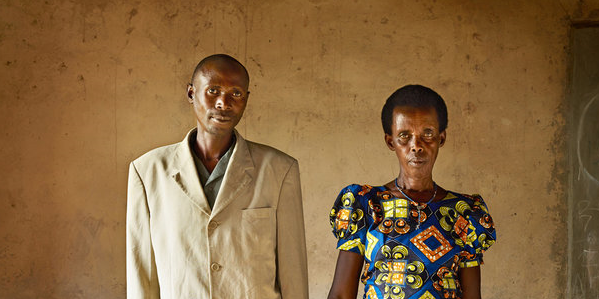[by Mark Safranski /”zen“]

I wanted to announce the debut of a Chicago-oriented culture e-zine, Central Standard Time, to which I will be one of the regular contributors. What is CST? In the words of the publisher, the Grammy nominated producer and professor of music, Joe Tortorici:
The intent of this site is to suggest more than a solitary blogger’s view of the world. Central Standard Time exists to be a catalyst for timely discussions and a showcase for contemporary arts. Impetus for this effort echoes the pivotal era of the Chicago Literary Renaissance.
Rising from the Great Fire of 1871, Chicago embraced the industrial revolution and the fundamental shift of American life from a rural to urban environment. In step with this cultural evolution came a wellspring of creativity spanning the intellectual and artistic spectrum that continued through the mid-twentieth century. It fostered the Literary Realism period in both fiction and non-fiction, and the ascendency of topical columnists writing for the myriad newspapers of the day. The Jazz Age was about to transform Chicago and the world. Art Nouveau gave way to Picasso and Duchamp; the Modern Age was born.
I stand in awe of the diversity during this period and how Chicago helped shape American literature. Henry Fuller and Theodore Dreiser wrote novels defining Midland Realism; prolific commentators and humorists George Ade and Eugene Field gave new stimulus to the daily read; Finley Dunne and his “Mr. Dooley” narrative spoke to social and political issues from a seat in his South Side Irish pub (of course); Nelson Algren, Saul Bellow, and the immortal Ben Hecht influenced generations of writers; poets Carl Sandberg, Harriet Monroe, and Gwendolyn Brooks bridged the racial divide; Upton Sinclair’s “The Jungle” remains required reading in every American Literature course; in our time, Studs Terkel, Mike Royko, and Jack Mabley sustained the gritty narrative of urban life while Erma Bombeck made us smile.
Within this multiplicity were common threads. Each of these intellectual giants created his own world by authoring plays, poetry, political commentary, neighborhood novels, and an enduring slang narrative. The age of compartmentalized sterility was more than a century in the future. Newspapers and periodicals served as incubators for numerous literary careers; The Chicago Tribune, Chicago Daily News, Chicago Post, Monroe’s Poetry, Chicago Journal, Chicago Sun, the South Side Writer’s Group, Chicago Sun Times, and Floyd Dell’s Friday Literary Review. The new millennium offers a unique method for sharing information. We would be remiss to not use this broad avenue for illumination and entertainment.
In this spirit, Central Standard Time hopes to carry on the task of publishing compelling stories, thoughtful opinions, visual and aural beauty, laughter, and everything else that makes us human.
Read the rest here.
Literary graces not being my strongest suit, I will continue to focus on natsec and strategy related pieces geared to a more general and less policy wonky, .mil, .gov oriented readership that visits here. My first post at CST dealt with the terror attacks in Orlando that unfolded Saturday:
It’s not Your Father’s War on Terror Any More
….While Americans quickly became politically divided on partisan lines over how to characterize Mateen’s terrorism as a problem of gun control, homophobia or Islamic radicalization, the security threat Americans now face with terrorism is different and potentially more socially disruptive that the kinds of state-sponsored terrorism of the 20th century or even that of non-state actors like al Qaida, whose September 11 attack launched the United States into fifteen years of war. The strategic targeting, the terrorist tactics, the ideological motivations and the kinds of people who become terrorists have shifted away from the model of Abu Nidal or Osama bin Laden to that of Omar Mateen or Syed Rizwan Farook and Tashfeen Malik. It’s not your father’s war on terror any more.
Previous iterations of terrorists have significant differences with the acts of Islamist terrorism seen in Orlando, San Bernardino or at Fort Hood in that some constraints on violence were imposed by the secretive nature and disciplined organizational structure of modern terrorist organizations and their often grandiose political aspirations. The 1970’s era terror groups such as the PLO, IRA or the Red Brigades enjoyed covert intelligence, training and funding from the Soviet bloc and radical states like Gaddafi’s Libya; while this gave these groups greater security and resources, it also gave their patrons a “veto” over any and all terror operations. Or more than a veto. Reputedly master Palestinian terrorist Abu Nidal met his end at the hands of Iraqi state security when he defied his chief supporter Saddam Hussein’s “requests” once too often. In short, it was not in the interest of terrorism sponsoring states to let terrorist groups off their short leash during the Cold War, lest they spark WWIII.
Read the rest here.





